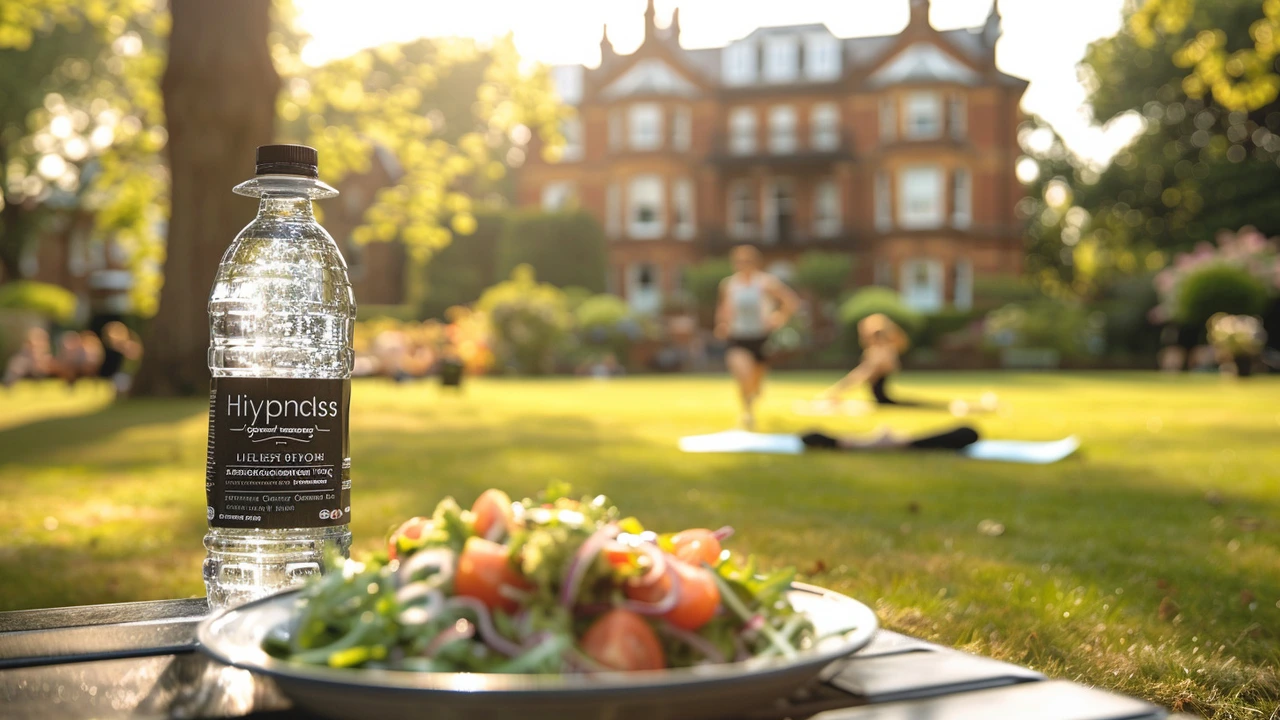Hypertension: What It Is, Why It Matters, and How to Manage It
High blood pressure, or hypertension, is more than a number on a cuff. It’s a silent driver of heart attacks, strokes, and kidney problems. Most people don’t feel anything until damage builds up, so the best defense is knowing the facts and taking action early.
Understanding Hypertension
Blood pressure measures the force of blood against artery walls. A normal reading sits around 120/80 mm Hg. When the top number (systolic) stays above 130 or the bottom (diastolic) stays above 80, you’ve entered hypertension territory. Risk factors include age, family history, excess weight, high salt intake, stress, and lack of activity.
Why does it matter? Consistently high pressure makes arteries stiff and narrows the pathways for blood. The heart has to work harder, the kidneys filter more forcefully, and tiny vessels in the brain can burst or get blocked. That’s why doctors call it the “silent killer.”
Checking your pressure at home is cheap and easy. A reliable cuff and a quiet moment each morning give you a clear picture. If you see a trend above 130/80, it’s time to talk to a healthcare provider.
Treatment Options and New Alternatives
Most people start with lifestyle tweaks: cut back on salty foods, eat more fruits and veggies, move at least 30 minutes a day, and keep weight in a healthy range. Limit alcohol, quit smoking, and find ways to manage stress—quick walks, deep breathing, or a hobby can do wonders.
If lifestyle alone isn’t enough, doctors usually prescribe medication. A common first‑line drug is Amlodipine, a calcium‑channel blocker that relaxes blood vessels. But not everyone tolerates it well, and some need a stronger or different approach.
Our recent article “5 Game‑Changing Alternatives to Amlodipine You Need in 2025” breaks down four reliable substitutes: Doxazosin, which also helps with prostate issues; Losartan, an angiotensin‑II blocker; a combo of a thiazide diuretic with an ACE inhibitor; and newer mineral‑corticoid‑receptor antagonists. Each option has its own pros and side‑effects, so a quick chat with your doctor can match the right pill to your health profile.
Beyond prescription meds, some supplements show promise for heart health. Bergamot extract can help lower cholesterol, while resveratrol offers antioxidant protection. Adding a handful of European chestnuts to your diet gives you fiber and antioxidants that support blood pressure control. These aren’t replacements for meds but can complement a solid plan.
Remember, the goal isn’t just to hit a number; it’s to keep your heart, kidneys, and brain safe long term. Track your readings, stay active, eat a balanced diet, and keep an open line with your doctor about medication tweaks. With the right mix of habits and the newest treatment options, you can bring hypertension under control and feel better every day.

